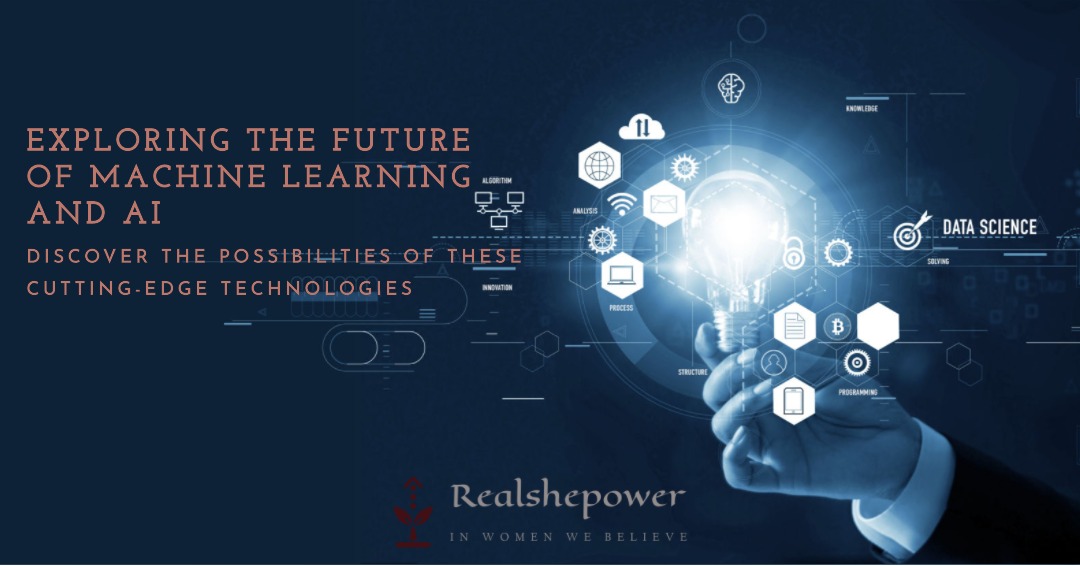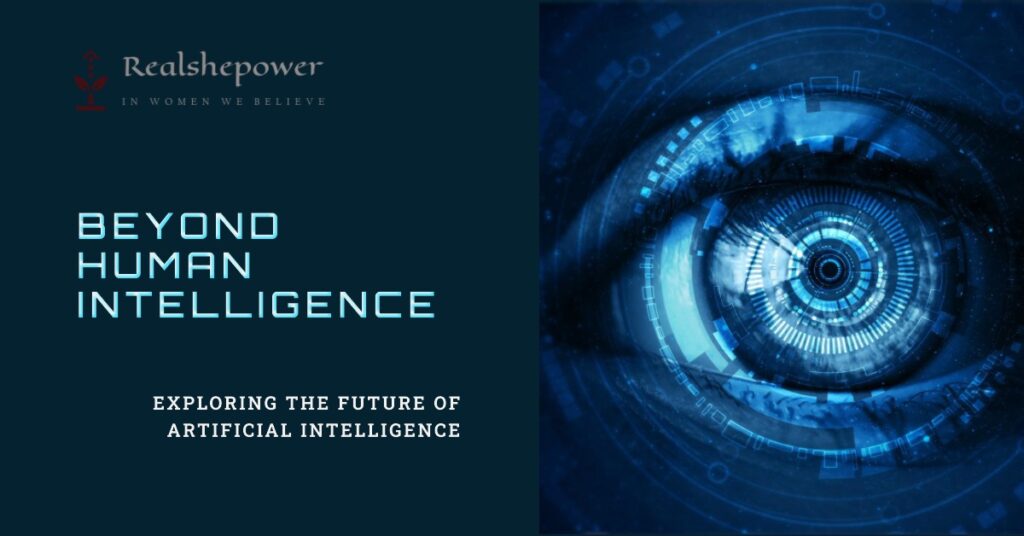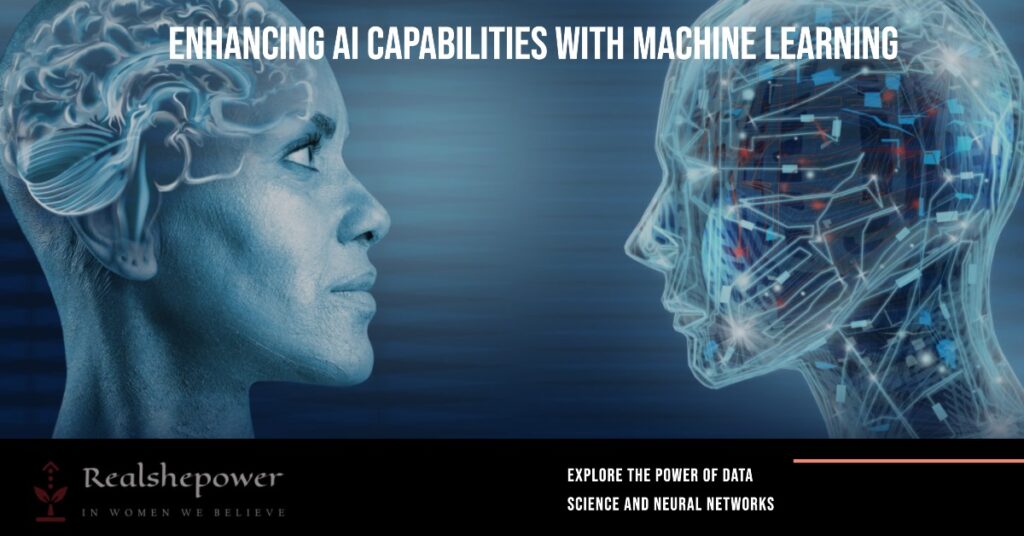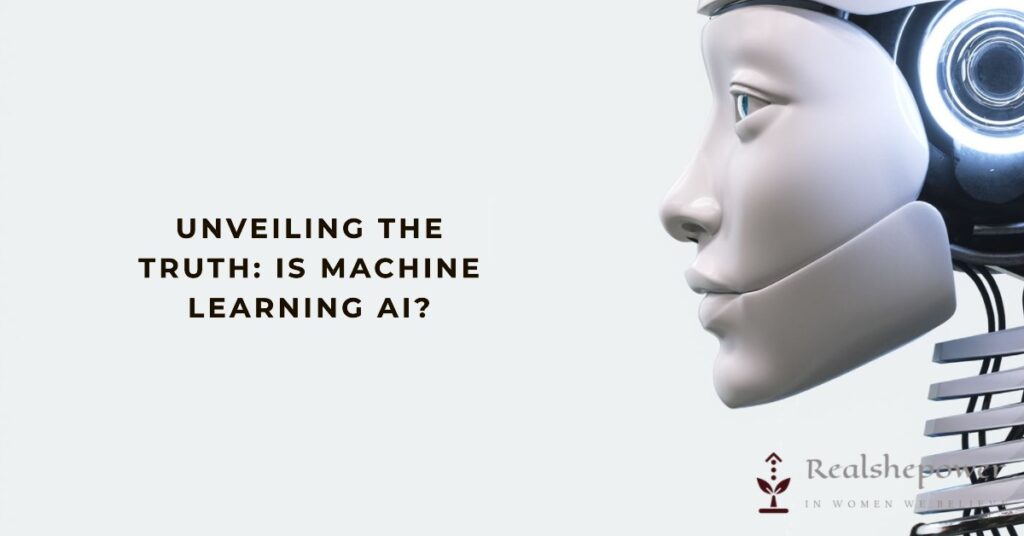Unveiling the Truth: Is Machine Learning AI? | Find Out Here!


Introduction
Welcome to the mind-boggling world of machine learning and artificial intelligence! In today’s rapidly evolving technological landscape, these terms have become buzzwords that ignite curiosity and fuel debates. While the terms “machine learning” and “artificial intelligence” are often used interchangeably, they are not synonymous. Machine learning is a subset of artificial intelligence, representing a specific approach to achieve AI. So, is machine learning AI? Let’s find out.
Understanding the Relationship: Is Machine Learning AI?
To unravel the truth, we must first comprehend the nature of machine learning and artificial intelligence. While both revolve around the idea of machines exhibiting human-like intelligence, they differ in their underlying principles and applications. Let’s explore them individually.
Table of Contents
Artificial Intelligence: Beyond Human Intelligence

Artificial intelligence, often referred to as AI, encompasses the broader concept of machines performing tasks that would typically require human intelligence. It involves creating intelligent systems capable of perceiving, reasoning, learning, and problem-solving. AI aims to mimic human cognitive abilities to varying degrees, empowering machines to perform complex tasks efficiently. From science fiction to reality, AI has become a driving force behind transformative technologies.
Is Machine Learning AI?
Artificial intelligence employs various techniques to accomplish its objectives, one of which is machine learning. Machine learning, on the other hand, focuses on developing algorithms that enable machines to learn and improve from experience without being explicitly programmed. In essence, machine learning allows computers to automatically learn and make predictions or take actions based on patterns and insights derived from data. It is a subset of AI that propels us closer to the realm of intelligent machines.
Machine Learning: The Driving Force
Machine learning is an integral part of the AI landscape, acting as the driving force behind many AI applications. It equips machines with the ability to automatically learn from data and adapt their behavior accordingly. By analyzing large volumes of data, machine learning algorithms can identify patterns, extract valuable insights, and make informed decisions without human intervention. It is through machine learning that AI systems evolve and improve their performance over time.
The Intricate Interplay
Now that we understand the individual concepts of machine learning and artificial intelligence, it becomes clear that machine learning is indeed a crucial component of AI. It serves as a powerful tool within the broader framework of artificial intelligence, facilitating the development of intelligent systems capable of learning, reasoning, and making decisions.
Machine Learning Enhancing AI Capabilities

Machine learning empowers artificial intelligence by providing it with the ability to learn and improve performance over time. It enables AI systems to adapt to changing circumstances, refine their predictions, and enhance their decision-making capabilities. The integration of machine learning with AI has unlocked tremendous potential across various domains, revolutionizing industries and transforming our lives. From healthcare to finance, machine learning augments the capabilities of AI systems, making them more efficient and accurate.
Applications of Machine Learning within AI
Machine learning, as an integral component of artificial intelligence (AI), plays a vital role in enhancing AI capabilities and driving advancements in various fields. Let’s explore some of the prominent applications of machine learning within AI:
- Natural Language Processing (NLP): Machine learning algorithms have revolutionized NLP, enabling AI systems to understand and generate human language. This has led to significant advancements in translation services, sentiment analysis, chatbots, voice assistants, and language understanding. By analyzing vast amounts of textual data, machine learning models can extract meaningful insights and accurately interpret human language, bridging the gap between machines and humans.
- Computer Vision: Computer vision, an area of AI that focuses on enabling machines to analyze visual data, heavily relies on machine learning techniques. Machine learning algorithms enable AI systems to identify objects, recognize faces, detect anomalies, and interpret complex visual scenes. This has practical applications in image recognition, object detection, video surveillance, autonomous vehicles, medical imaging, and augmented reality. By learning from large datasets of labeled images, machine learning models can make accurate predictions and understand the visual world with human-like precision.
- Healthcare: The healthcare industry has witnessed significant advancements due to the integration of machine learning within AI. Machine learning algorithms can analyze vast amounts of medical data, including patient records, genomic data, medical images, and clinical notes. This enables AI systems to provide accurate diagnoses, predict patient outcomes, personalize treatment plans, identify potential risks, and assist in drug discovery. Machine learning has the potential to revolutionize disease detection, drug development, and patient care, ultimately saving lives and improving healthcare outcomes.
- Finance and Banking: Machine learning is transforming the finance and banking sectors by enabling AI systems to automate and optimize various processes. Machine learning algorithms can analyze large volumes of financial data, detect patterns, and make predictions. This has applications in fraud detection, algorithmic trading, credit scoring, risk management, customer segmentation, and personalized financial recommendations. By leveraging machine learning, AI systems can make data-driven decisions, enhance security, mitigate risks, and improve overall financial efficiency.
- Recommender Systems: Machine learning powers recommender systems, which have become ubiquitous in our digital lives. AI-driven recommendation engines analyze user preferences, historical data, and behavior patterns to provide personalized recommendations. These systems are commonly used in e-commerce platforms, streaming services, social media platforms, and online content platforms. By leveraging machine learning algorithms, AI systems can accurately predict user preferences, enhance user experiences, and drive engagement.
- Autonomous Systems: Machine learning is instrumental in developing autonomous systems that can perceive and interact with their environment. This includes autonomous vehicles, drones, robotics, and smart home systems. Machine learning algorithms enable these AI systems to process sensor data, make real-time decisions, adapt to changing situations, and learn from experience. By continuously analyzing and learning from their surroundings, autonomous systems can navigate complex environments, avoid obstacles, and perform tasks efficiently and safely.
- Cybersecurity: Machine learning plays a crucial role in cybersecurity by detecting and mitigating threats in real-time. Machine learning models can analyze network traffic, user behavior, and system logs to identify anomalies and detect potential security breaches. By learning from historical attack patterns, machine learning algorithms can recognize and respond to emerging threats, strengthen defenses, and provide proactive security measures.
These are just a few examples of the numerous applications of machine learning within the realm of AI. As technology continues to advance, machine learning will continue to drive innovation and reshape various industries, ultimately transforming the way we live, work, and interact with intelligent machines.
FAQs

Q: Is machine learning the same as artificial intelligence?
A: No, machine learning is a subset of artificial intelligence. While AI encompasses various approaches to imitate human intelligence, machine learning focuses on developing algorithms that enable machines to learn and improve from experience.
Q: Can AI exist without machine learning?
A: Yes, AI can exist without machine learning. AI can be programmed using rule-based systems or other approaches that do not involve learning from data. However, machine learning significantly enhances the capabilities of AI systems by enabling them to learn and improve autonomously.
Q: Is machine learning the future of artificial intelligence?
A: Machine learning plays a vital role in shaping the future of artificial intelligence. With its ability to analyze vast amounts of data and learn from patterns, machine learning drives the development of advanced AI applications and enhances their performance.
Q: How does machine learning differ from traditional programming?
A: Traditional programming involves explicitly coding rules and instructions for a computer to follow. On the other hand, machine learning algorithms learn from data to identify patterns and make predictions without being explicitly programmed. Machine learning systems have the ability to adapt and improve their performance over time based on the input data they receive.
Q: Is machine learning only used in the field of technology?
A: No, machine learning has diverse applications across various industries. While it has gained prominence in technology-related domains, such as computer vision, natural language processing, and robotics, it is also used in finance, healthcare, marketing, transportation, and many other sectors. Machine learning algorithms have the potential to enhance decision-making, automate processes, and drive innovation across numerous fields.
Q: Can machine learning algorithms be biased?
A: Yes, machine learning algorithms can be biased if they are trained on biased or incomplete data. The algorithms learn from the data they are provided, so if the data contains biases, the algorithm may perpetuate those biases in its predictions or decisions. Ensuring unbiased and representative training data, along with thoughtful algorithm design, is essential to mitigate biases in machine learning systems.
Q: How does machine learning contribute to advancements in artificial intelligence?
A: Machine learning is a crucial component of artificial intelligence, contributing to its advancements in various ways:
–Learning from Data: Machine learning allows AI systems to learn from large amounts of data, enabling them to improve their performance and make accurate predictions or decisions.
-Adaptability: Machine learning algorithms can adapt to new data and changing circumstances, making AI systems more robust and flexible.
-Automation: Machine learning automates the process of extracting insights and patterns from data, enabling AI systems to analyze vast amounts of information and make informed decisions more efficiently.
-Personalization: Machine learning enables AI systems to personalize experiences for users by understanding their preferences and behavior patterns.
Unveiling the Truth: Is Machine Learning AI?

Throughout this exploration, we have witnessed the intricate relationship between machine learning and artificial intelligence. Machine learning serves as the backbone of AI, enabling machines to learn, adapt, and perform intelligent tasks. While machine learning is not synonymous with artificial intelligence, it is an indispensable component that propels AI forward.
In conclusion, machine learning is undeniably a fundamental aspect of artificial intelligence. Its ability to learn from data and adapt autonomously allows AI systems to exhibit human-like intelligence, transforming industries and revolutionizing our world. As we continue to push the boundaries of technological innovation, the interplay between machine learning and artificial intelligence will reshape our future in unimaginable ways.
So, the next time someone asks, “Is Machine Learning AI?” you can confidently respond with a resounding “Yes!” These technologies are intertwined, propelling us into a future where intelligent machines will augment our capabilities and lead us to new frontiers of knowledge and discovery. Embrace the synergy of machine learning and artificial intelligence as we embark on an exciting journey of innovation and progress.
More on Machine Learning
- Power of Machine Learning: A Beginner’s Guide to AI-driven Solutions
- Practical TensorFlow: Teaching Deep Learning with Hands-on Examples
- Mastering Deep Learning with Open-Source Libraries: TensorFlow, Keras, and PyTorch
- The Rise of Open-Source Big Data Platforms: A Comparison of Apache Hadoop, Spark, and Flink
- The Revolutionary Language Model – ChatGPT: A Data-Driven Analysis
You can now write for RSP Magazine and be a part of the community. Share your stories and opinions with us here.
